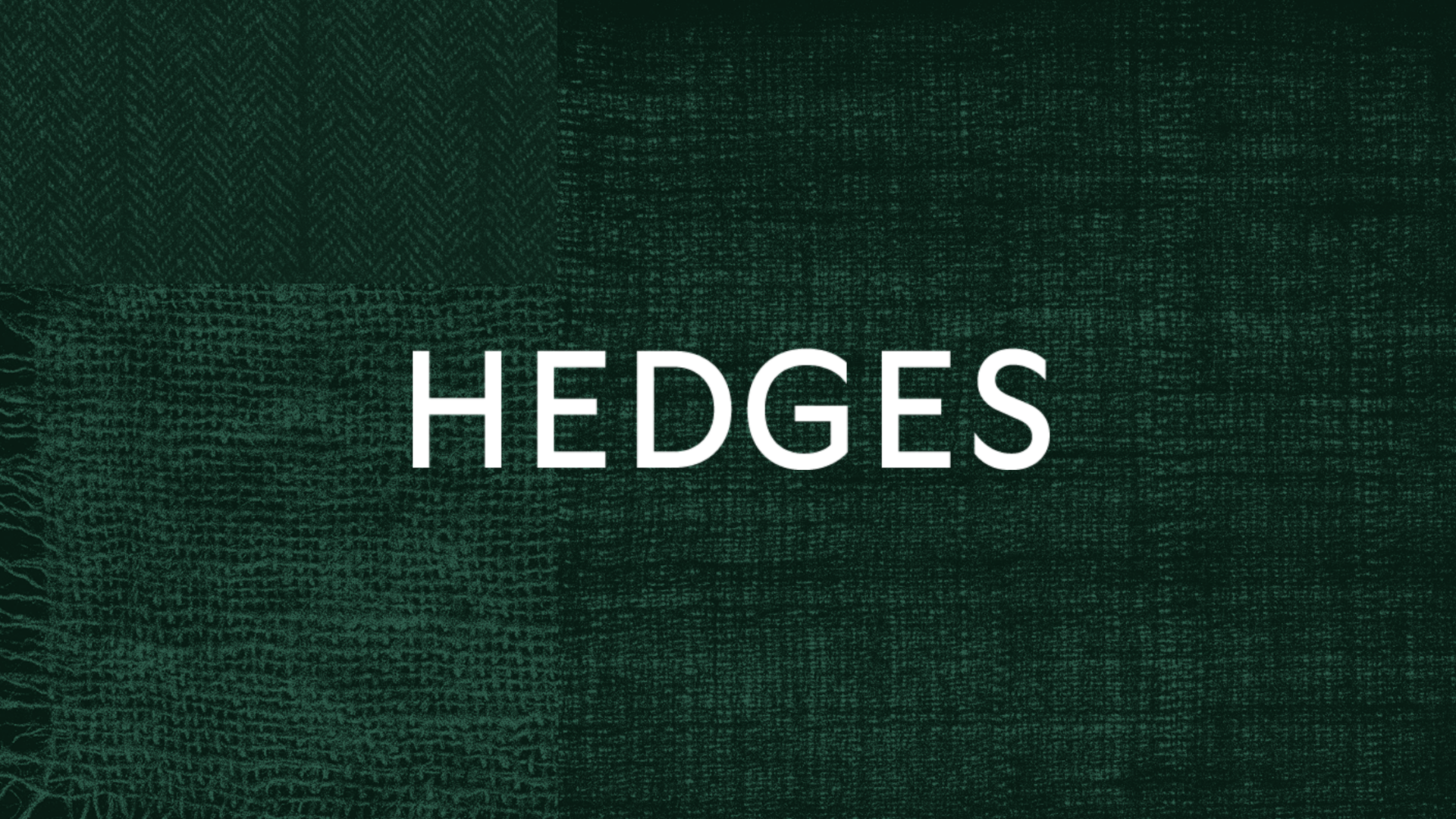
What are key people’s thoughts on the effect of the Autumn Statement 2016?
Ufi Ibrahim, Chief Executive of the BHAsaid:
“The UK’s hospitality and tourism businesses are already experiencing increased costs as a consequence of the fall in the value of Sterling with the price of building materials, cotton and imported food and beverages climbing.
This is a worrying trend at a time when Britain needs to be open for business and tourists alike.”
Craig Allen, founder and director of hospitality recruiter The Change Group stated:
“A weaker pound has strengthened tourism and this is good for hospitality. But recruitment is still a challenge, and may become worse depending on the terms of Brexit. Plus employers are facing higher costs because of the increase to the minimum wage and inflation and the Business Rate reviews.”
Rob Payne, CEO of Best Western Great Britain, commented:
“The increase in National Living Wage from April will help make the hospitality industry more attractive which we welcome, but it also adds to the price pressures that hotel owners are already feeling and once again comes without a road map for future increases which our members tell us they need to help budget with confidence.
Support for rural pubs
Hammond announced a £6.7bn package to cut business rates, including lowering the transitional relief cap from 45 to 43 per cent in 2017 and from 50 to 32 per cent in 2018.
The Chancellor is also giving small businesses in rural areas a tax break worth up to £2,900 per year by increasing Rural Rate Relief to 100 per cent.
Living Wage
The statement confirmed that the National Living Wage (NLW) will rise by 30p an hour to £7.50 in April 2017.
'Thats a pay rise worth over £500 a year to a full-time worker, said Hammond.
Beer stays safe
There was no mention of a rise in beer duty, which was praised by both the BBPA and the Campaign for Real Ale (CAMRA).







